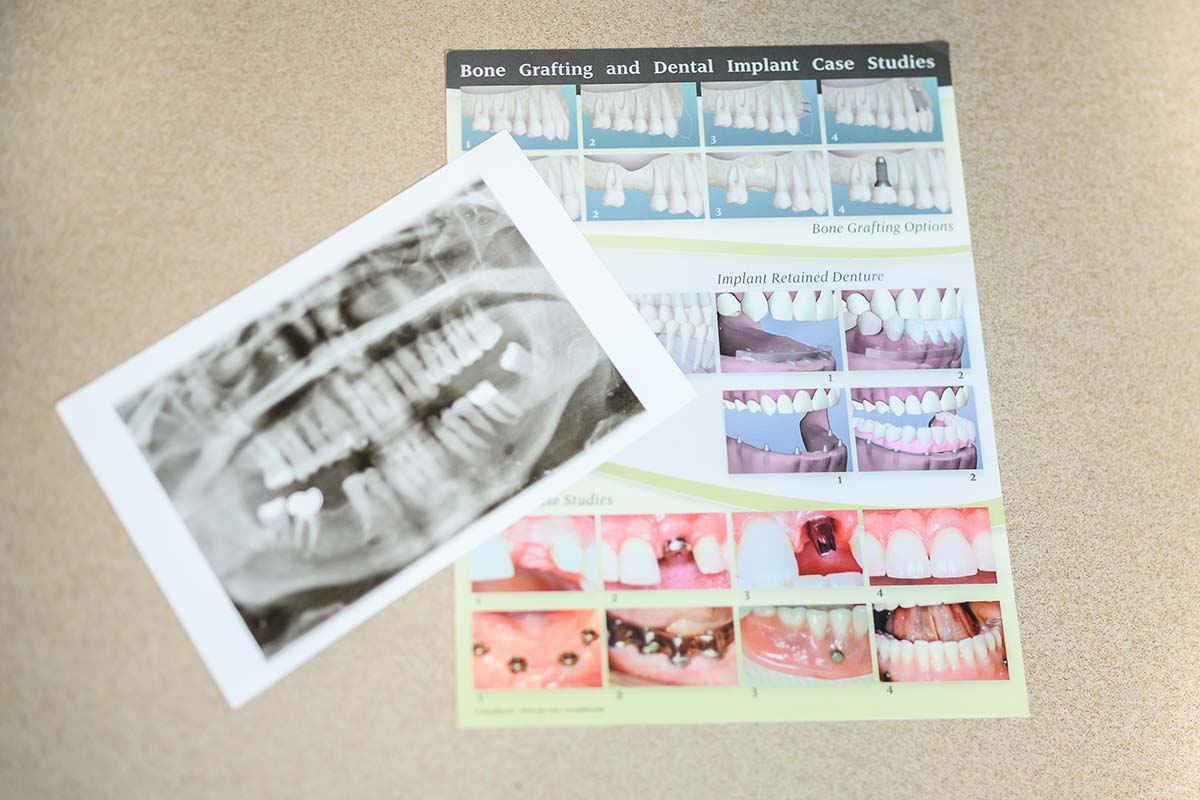Dental implants are one of the most effective ways to replace missing teeth. If you are set to undergo dental implant surgery soon, you’re probably looking forward to having a complete smile once again. However, if you want your dental implants to last, then you’ll need to avoid certain actions and behaviors right after getting your implants placed. This initial healing period is a crucial phase of dental implant treatment. Keep reading to discover the five things you should NOT do following dental implant surgery.
Eating Hard Foods
You should maintain a soft food diet for the first few days following dental implant placement. While you may have to skip a few of your favorite foods, there are still plenty of tasty options you can enjoy. Foods you can eat after getting dental implants include:
- Scrambled eggs
- Oatmeal
- Yogurt
- Macaroni and cheese
- Smoothies
- Apple sauce
- Mashed potatoes
- Cold soups
In addition, try to chew on the opposite side of the mouth from your implant. This will help your implant site to begin healing without any interruptions.
Intense Exercise
Plan on taking it easy for 2 to 3 days after dental implant surgery. Intense physical labor or exercise can increase blood flow and lead to bleeding around the dental implant area. Instead of working out, take advantage of your downtime to get caught up on the latest Netflix series or movie!
Excessive Rinsing
Keeping your mouth clean is especially important after any oral surgery. However, dentists typically recommend that patients avoid rinsing vigorously for a day or two after getting dental implants. Excessive or forceful rinsing can disturb the implant site and cause bleeding. Instead, gently swish mouthwash around your mouth and let it flow out into the sink instead of spitting.
Drinking with a Straw
While smoothies are a great beverage to consume after getting dental implants, do not drink them with a straw. The suction created in the mouth when drinking through a straw can dislodge the blood clot that forms over and protects the implant site. A dislodged blood clot can lead to a painful condition known as dry socket and interfere with the healing process.
Smoking
Smoking substantially increases the risk of implant failure. The nicotine in tobacco constricts blood vessels, which slows down the healing process. This means it may take longer for your implant to successfully integrate with the surrounding bone.
Smoking also reduces the amount of saliva in your mouth. Without normal saliva flow, bacteria can accumulate around the implant site and cause an infection.
When placed by an experienced oral surgeon, dental implants have a very high success rate. However, you can do your part to optimize your recovery after dental implant surgery by following the tips above.



